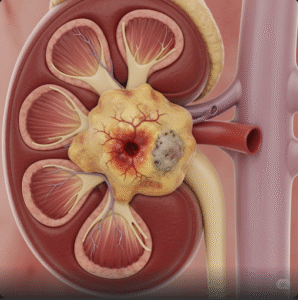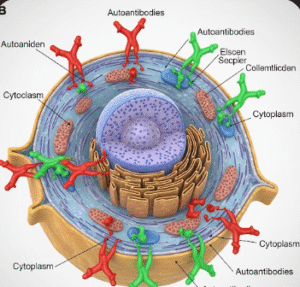Overview
Dissociative disorders are a group of mental health conditions characterized by a disconnection between thoughts, memory, identity, and consciousness, often triggered by trauma or overwhelming stress. In Korea, these conditions are increasingly recognized, and leading hospitals such as Seoul National University Hospital, Samsung Medical Center, and Asan Medical Center provide advanced psychiatric and psychological care for patients.
What are Dissociative Disorders?
Dissociative disorders involve disruptions in normal psychological functioning, resulting in memory loss, identity disturbances, or detachment from reality. They include:
- Dissociative Amnesia – memory loss related to trauma or stress
- Dissociative Identity Disorder (DID) – presence of two or more distinct identities
- Depersonalization/Derealization Disorder – feeling detached from one’s body or surroundings
Symptoms
- Gaps in memory of everyday events or personal information
- Sudden personality changes or shifts in behavior
- Feeling detached from one’s body (depersonalization)
- Feeling that surroundings are unreal (derealization)
- Emotional numbness or confusion about identity
- Difficulty maintaining relationships or jobs
- Co-occurring anxiety, depression, or PTSD symptoms
Causes
- Severe trauma, especially during childhood
- Emotional, physical, or sexual abuse
- Exposure to extreme stress (e.g., accidents, disasters, war)
- Unresolved psychological conflicts
- Underlying psychiatric vulnerabilities
Risk Factors
- Childhood neglect or abuse
- Repeated traumatic experiences
- Coexisting mental health disorders (depression, anxiety, PTSD)
- Family history of psychiatric conditions
- Lack of social support
Complications
- Severe functional impairment in personal and social life
- High risk of depression and anxiety disorders
- Suicidal thoughts or self-harming behaviors
- Chronic difficulties in maintaining stable identity and relationships
- Substance abuse as a coping mechanism
Prevention
- Early psychological intervention after traumatic experiences
- Building resilience and coping mechanisms in children and adults
- Strong family and social support systems
- Public awareness of trauma and mental health issues
- Access to professional counseling services
Treatment Options in Korea
Treatment focuses on integrating identity, restoring memory, and improving overall psychological functioning.
- Diagnosis
- Comprehensive psychiatric evaluation
- Structured clinical interviews and psychological testing
- Detailed history of trauma and symptom onset
- Brain imaging or neurological tests to rule out other conditions
- Medical and Psychological Treatments
- Psychotherapy – trauma-focused therapy, cognitive-behavioral therapy (CBT), and dialectical behavior therapy (DBT)
- Hypnotherapy – in some cases, to explore dissociative symptoms and facilitate memory recovery
- Medication – antidepressants and anti-anxiety drugs for coexisting conditions
- Eye Movement Desensitization and Reprocessing (EMDR) – used in trauma-related dissociation
- Group therapy for social support and shared coping strategies
- Supportive Care
- Education for patients and families about dissociative disorders
- Stress reduction techniques and lifestyle modifications
- Long-term counseling and monitoring for relapse prevention
- Support networks including local mental health centers
- Specialized Hospitals and Clinics in Korea
- Seoul National University Hospital – advanced psychiatric services
- Asan Medical Center – trauma and stress disorder treatment programs
- Samsung Medical Center – psychotherapy and multidisciplinary psychiatric care
- Regional mental health clinics offering ongoing support and rehabilitation
- Long-Term Management
- Regular psychotherapy sessions to reinforce identity integration
- Continuous monitoring of co-occurring conditions
- Crisis intervention strategies for sudden episodes
- Rehabilitation support for reintegration into daily life













